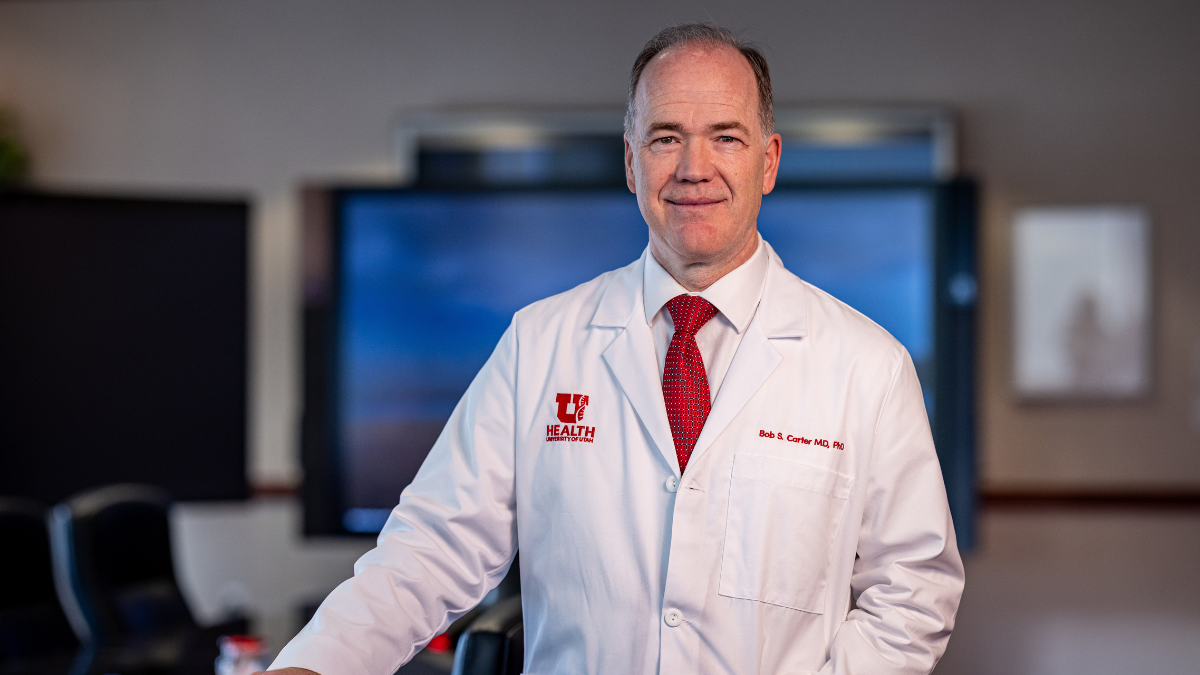
As chair of the Department of Neurosurgery at Massachusetts General Hospital, Carter also led his department’s efforts to create novel personalized gene and cell-based therapies in other brain disorders. One project led by Carter and a team of collaborators was a ‘first in man’ approach to replace dopamine-producing brain cells lost in Parkinson’s disease by turning a patient’s own skin cells into these neurons and implanting them in the brain. The method has introduced new possibilities in personalized cell therapy, and this approach continues to be evaluated in clinical trials.
“Becoming a member of the National Academy of Medicine is a special recognition to me, as the academy emphasizes a vision for fostering impactful science and tackling our most significant human health challenges,” Carter says. “I’m grateful for both the dedication and collaboration of many colleagues and mentors over the years, and also the wonderful commitment we share for advancing innovation to improve health.”
Prior to joining the University of Utah in 2025, Carter served as the William and Elizabeth Sweet Endowed Professor in Neuroscience at Harvard Medical School and Neurosurgeon-In-Chief at Massachusetts General Brigham. He received an MD and PhD in epidemiology from Johns Hopkins University and an undergraduate degree in chemistry from Brigham Young University.
As a member of the National Academy of Medicine, Carter will work alongside members of the National Academy of Sciences and National Academy of Engineering to provide independent, objective analysis and advice to the nation while conducting other activities to solve complex problems and inform public policy decisions.
In addition to Carter, current or former University of Utah faculty elected to the National Academy of Medicine are: Baldomero Olivera, PhD; Mario Capecchi, PhD; Mary Beckerle, PhD; Vivian Lee, MD, PhD; Wendy Chapman, PhD; Sung Wan Kim, PhD; Paul D. Clayton, PhD; and Eli Y. Adashi, MD.
Source link

